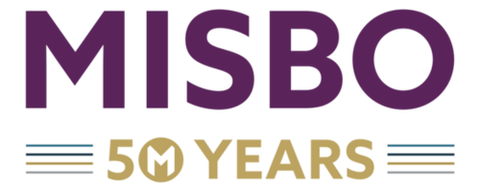Why Everyone's Talking about Ethical Proctoring
Why Everyone’s Talking about Ethical Proctoring
What you Need to Know, and How it Affects You
By Ian Hartley, President of Wise Proctor

With the advent of online education in the early 2000s, a number of “remote proctoring” companies emerged, to ensure the integrity of online examinations. Quickly, both educational institutions and companies recognized the need for integrity in online examinations, and the market for remote proctoring services has grown quickly.
Today, there are two main categories of remote proctoring solutions – Live Proctoring and Automated Proctoring. Live Proctoring services use real employees that watch students take tests over a modified video conferencing service like Zoom. Automated Proctoring services use advanced technology such as artificial intelligence to monitor students as they take examinations.
Live Proctoring has been met with a variety of privacy and efficacy concerns, as students are required to share their personal details such as their government ID card with strangers. Students are also required to show these live proctors around their entire room. For many students, this represents an invasion of privacy, generating significant exam anxiety that may affect performance. Adding to these fears is the fact that the live proctor may interrupt the student during the test at any time and lock the student out of their test. While clients value the security delivered by live proctoring, this dynamic often generates a great deal of anxiety and reduces test performance, with the potential to harm the student, the instructor, and the institution.
While Automated Proctoring has improved on the live proctoring model, offering greater flexibility and efficacy, many of these company still face large privacy and efficacy concerns. Many automated proctoring companies are based in countries other than the United States, with different standards of sharing data, leading many academics to question whether the proctoring sessions and student information they provide is being sold or exposed to third parties. Automated tools also suffer from a lack of efficacy in securing the integrity of the test, exposing many simple ways for the student to get around the system. Adding to the challenges is the fact that many of these automated systems will automatically lock students out of their exams, sometimes based on a false-positive event of cheating, generating a group of frustrated students and instructors. As such, many instructors and test administrators find it difficult to rely on automated services because of their privacy and efficacy challenges. Fixing these solutions is a matter of developing better technology and maintaining strict ethical standards regarding privacy.
There is hope, however. A growing wave of companies are raising the bar for what online proctoring can be, solving the key issues, upholding student privacy, and delivering the promise of fully online, fully automated exam security. When done right, proctoring is good for everyone, protecting students with integrity, making life easier for instructors, and allowing schools to deliver education online.
 Ian Hartley is the President of Wise Proctor, which provides next-generation online proctoring focused on Privacy, Integrity, and Simplicity. Schools interested in learning more are encouraged to visit www.wiseattend.com/wiseproctor and email Ian directly at ian.hartley@wiseeducationsystems.com, to discover how a new standard of online proctoring can support their goals.
Ian Hartley is the President of Wise Proctor, which provides next-generation online proctoring focused on Privacy, Integrity, and Simplicity. Schools interested in learning more are encouraged to visit www.wiseattend.com/wiseproctor and email Ian directly at ian.hartley@wiseeducationsystems.com, to discover how a new standard of online proctoring can support their goals.
